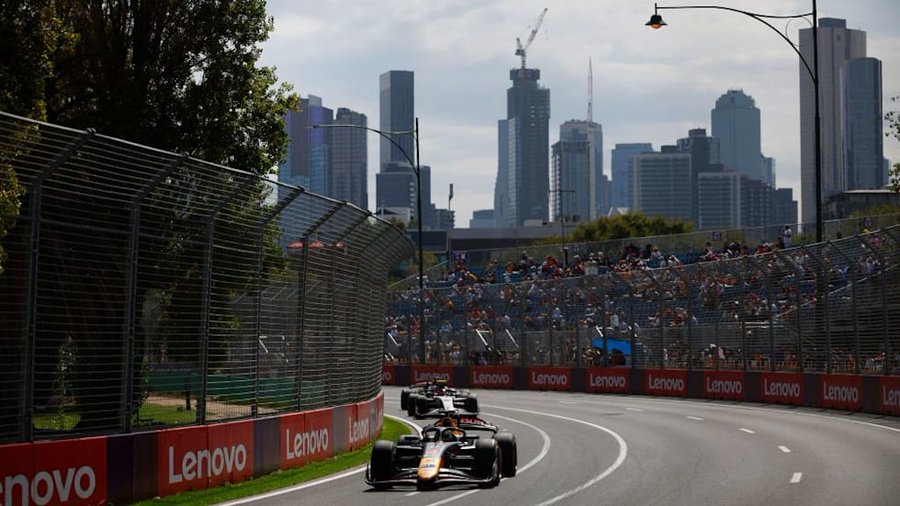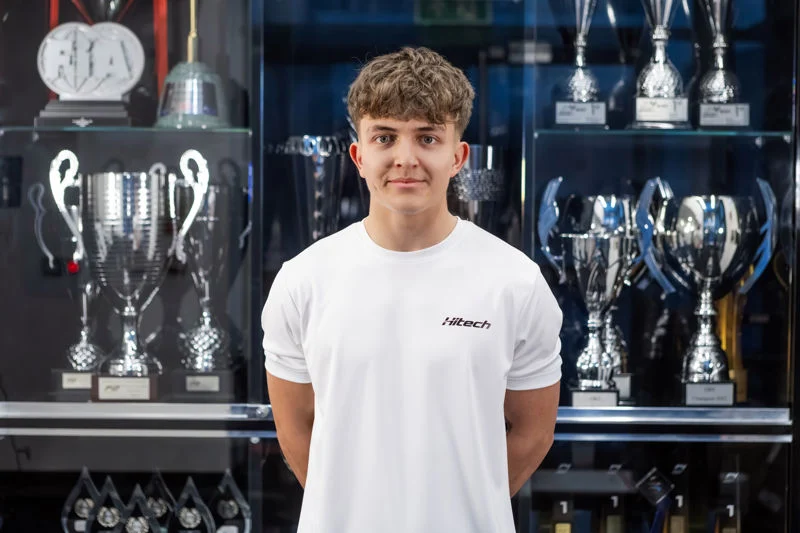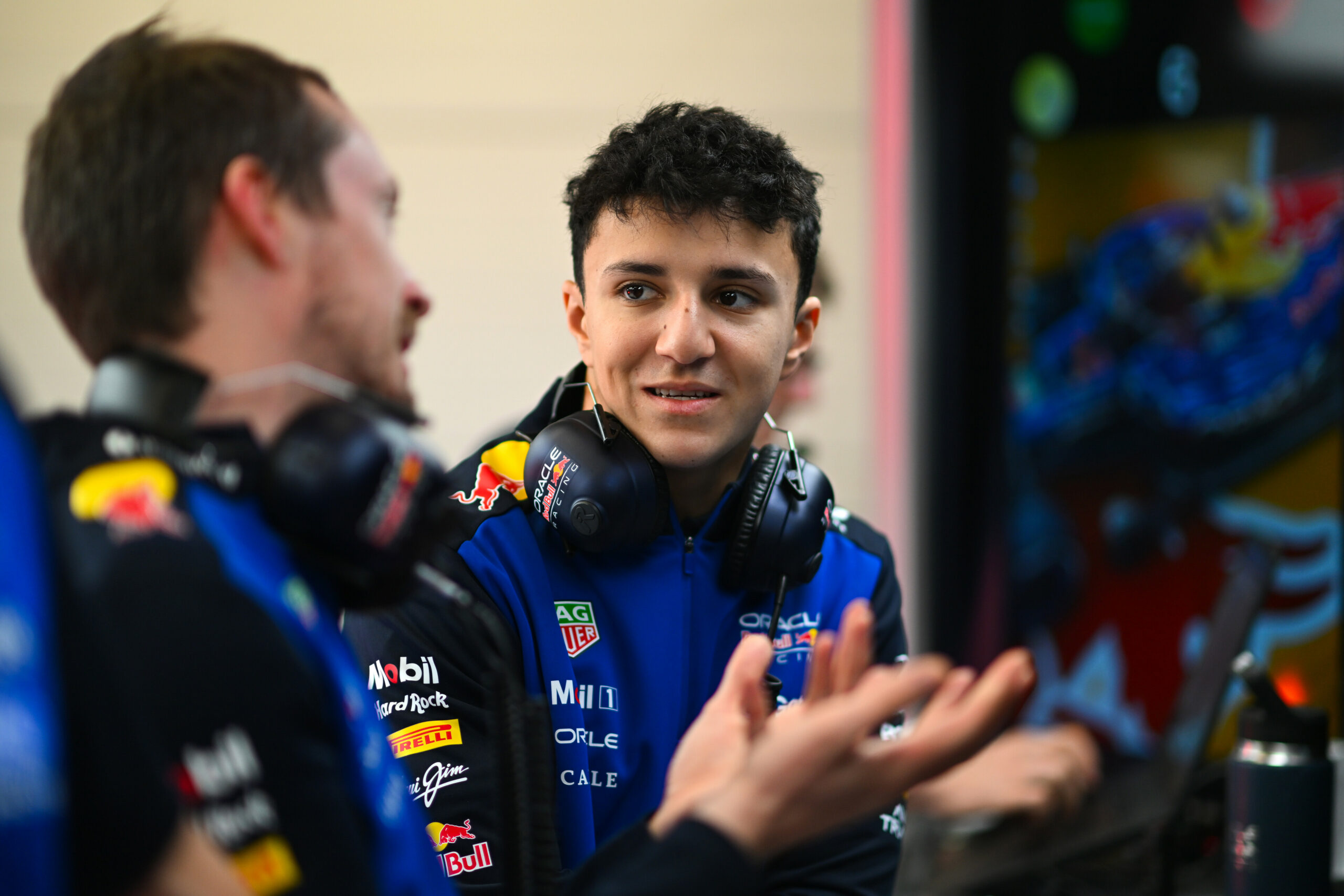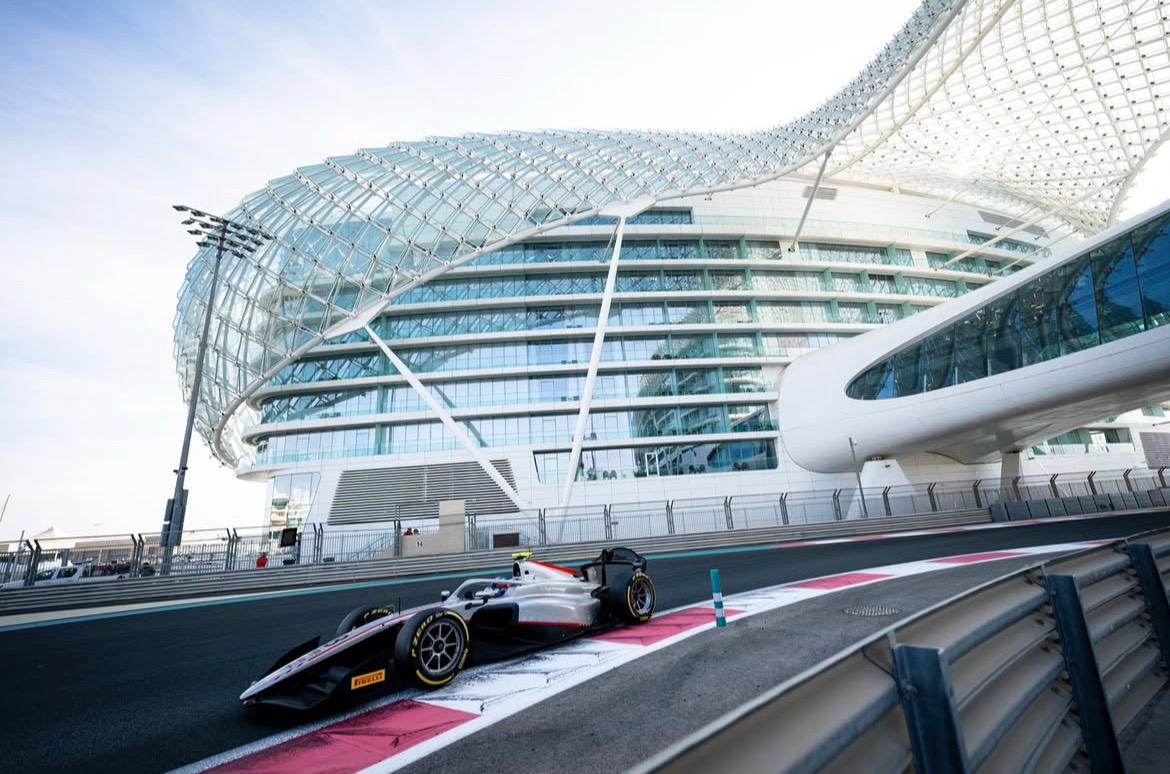At a recent media event attended by Pit Debrief, F2 and F3 CEO Bruno Michel shared his thoughts on whether the feeder series should implement regulations that limit how many seasons a driver can compete in either series.
As the popularity and relevance of F2 and F3 continue to grow, competition for one of the few seats in the series has been heating up. However, as more drivers show interest in competing, questions have emerged about whether it would benefit the series to cap the number of seasons a single driver can participate in either F2 or F3—similar to F1 Academy’s two-year limit.
Supporters of such caps argue that drivers who spend multiple seasons in the series take up seats that could otherwise go to emerging young talents in need of development. Many have turned their eyes toward Richard Verschoor, who enters his fifth season in F2. Though Verschoor has improved throughout his time in F2, critics argue that his presence has denied a younger driver a place in the series, especially as Verschoor has failed to finish in the top five of the championship in any of the past four seasons.
F2 and F3 constantly considering implementation of season cap
Michel acknowledged that there have been concerns over drivers remaining in the series for too long and the implications of such decisions, both on the driver and on others seeking entry into the series. He explained that F2 and F3 constantly assessed the matter, based on interest and participation in the series.
He replied, “It’s a question that we’re asking ourselves all the time when we see drivers arriving and continuing. And for instance, this year, we have a driver like [Richard] Verschoor who’s going to be in his fourth or fifth season, which is quite high.”
However, Michel admitted his reluctance to introduce such caps, noting that some drivers who returned to the series did so because they enjoyed competing in it. Michel argued that these drivers did not necessarily see F2 or F3 as a path to F1, and as such, limiting their participation in the series would deprive them of the opportunity to compete in a championship that “they absolutely love.”
“Now, number one, those drivers absolutely love F2 and they’re happy to continue. And even if maybe for them it’s not a way for F2 to F1, but it’s a championship they absolutely love and they want to do it.”
Experienced drivers a good benchmark to compare performance
The F2 and F3 CEO added that the involvement of more experienced drivers also allowed continuous assessment of the quality of that year’s grid. He explained that these drivers often served as a benchmark for newer drivers, allowing for increased competitiveness throughout the grid.
“And number two, what we always consider is that when we have new drivers who are arriving into Formula 2, it’s really interesting that they can compete with these kind of drivers who have a massive experience of Formula 2 because it’s the way to see where they are in terms of performance compared to drivers like Victor Martins this year who’s going to be in his third year. “
“I think it’s really, really interesting to see. After that, you have seasons where the rookies are very, very strong and the experienced drivers are not doing so well compared to them.”
Michel against limiting the number of seasons in F2 and F3
Ultimately, Michel opposed the idea of limiting a driver’s participation in either F2 or F3, arguing that it could deny talented drivers a fair shot at the championship—particularly if they began their careers with a less competitive team.
“And you have seasons where drivers in the third season, like we had [Felipe] Drugovich in the past, or Théo Pourchaire won the championship. But I don’t think really, we’ve been asking ourselves this question, I don’t think we should limit the number of seasons for drivers.”
However, as he indicated initially, he does not rule out re-assessing the matter at a later time if circumstances change.
Co-author: Karishma Persad





